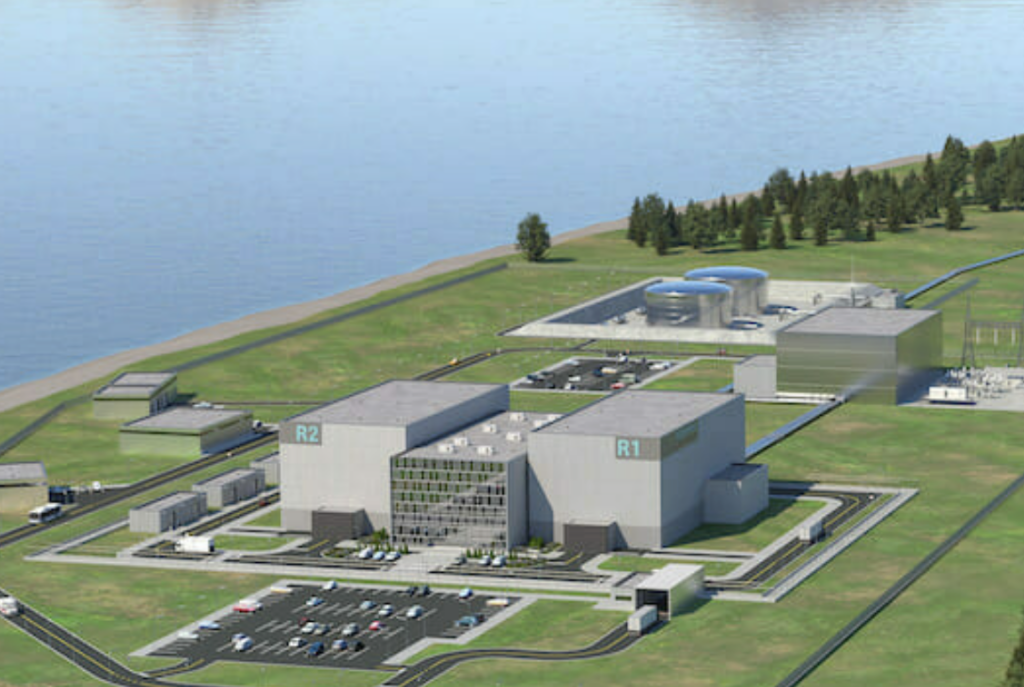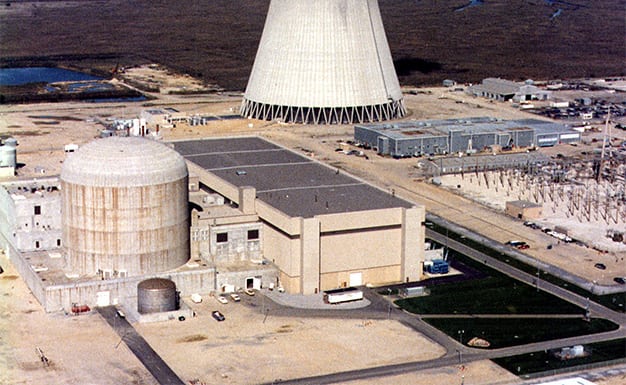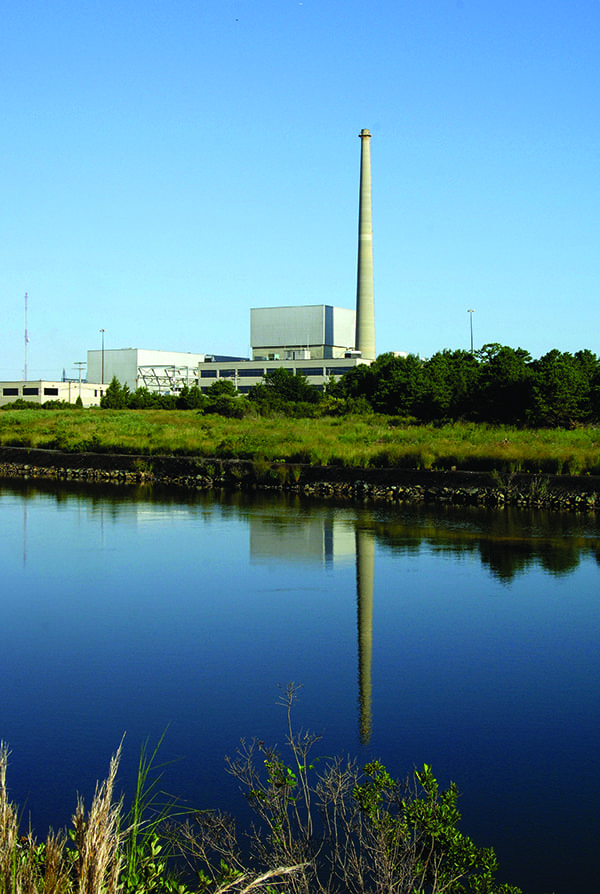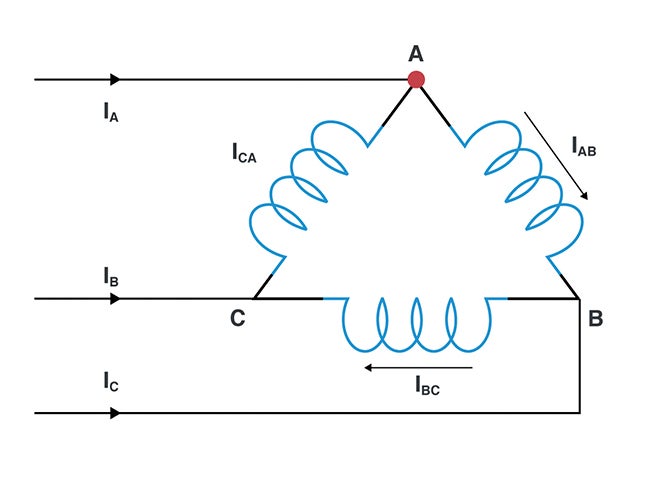A bill backed by outgoing New Jersey Gov. Chris Christie (R) to subsidize the state’s nuclear power plants unanimously passed a joint committee on December 20 and now heads to the full legislature for a vote.
S.3560, introduced on December 14, directs the Board of Public Utilities to issue Nuclear Diversity Certificates (NDCs) to nuclear power plants selected by the board to participate in the program. Each NDC would represent the environmental and fuel diversity attributes of 1 MWh generated by an eligible plant. To participate in the NDC program, a nuclear plant would have to meet a set of criteria, which includes demonstrating that the facility makes a significant and material contribution to the state’s air quality by minimizing emissions that result from electricity production, and providing financial information to certify that the plant would cease operation within three years without material financial changes.
Nearly 40% of all power generated in New Jersey comes from its three nuclear power plants: the 2.3-GW Salem and 1.2-GW Hope Creek nuclear generating stations, which are owned by Public Service Enterprise Group (PSEG); and the 636-MW Oyster Creek plant. Oyster Creek, however, is slated to be closed in 2019 under a deal reached in 2010 by Exelon and the state’s Department of Environmental Protection, even though it is licensed to operate through 2029.
PSEG has championed the subsidy measure for its two plants. Ralph Izzo, chairman, president, and CEO of the company, earlier in December told state lawmakers that the two plants are currently profitable, “But it is due primarily to the fact that our company was able to pre-sell electricity the past three years under contracts that are above current market prices.” Some of those contracts are set to expire before the end of this year and most by the end of next year.
“Unless market prices change, we will no longer be covering our costs within the next two years. Without intervention—without a thoughtful, economic safety net—PSEG will be forced to close its New Jersey nuclear plants,” he warned state lawmakers earlier in December.
In early December, Gov. Christie told reporters that he would consider a bill, even as he is slated to leave office next month. “Having nuclear power in the state is an important thing and I think it’s important for our energy security to have it and I think it’s a positive thing from an environmental perspective to have nuclear here,” Christie said.
Opponents of the bill have expressed dismay at how quickly the bill has powered through the legislative process. The state’s lame-duck session ends on January 9, a week before Democratic Gov.-elect Phil Murphy takes office.
Pushback has come from the “New Jersey Coalition for Fair Energy,” which comprises independent power producers that have legally challenged nuclear subsidies implemented in New York and Illinois. They include Calpine, Dynegy, NRG Energy, and the Electric Power Supply Association.
“We were a little surprised that the vote was unanimous, as we heard strong opinions on both sides of the issue but no persuasive evidence that PSEG’s nuclear plants are actually in jeopardy,” said David Gaier, a spokesperson for NRG Energy. “And as we’ve said all along, we’re not opposed to nukes—after all, we operate two nuclear units in south Texas. However, it’s up to PSEG to operate its nuclear plants economically, not lean on New Jersey ratepayers to bail them out. Clearly today there was one winner—PSEG—and many losers, including every New Jersey ratepayer.”
—Sonal Patel is a POWER associate editor (@sonalcpatel, @POWERmagazine)















